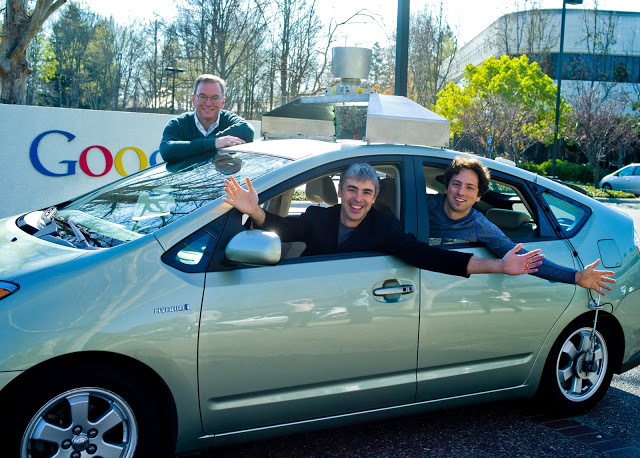A Virginian restaurant, the Serbian Lion, went out of business because its Google Places listing was hacked, reports Wired.
The proprietor of the Serbian Lion, Rene Bertagna, wasn’t aware his online listing showed the restaurant as being closed on weekends and as a result customers stopped showing up, he alleges in a law suit against Google.
As a result of result of the drop in earnings, the restaurant entered a death spiral of falling service standards, declining customers and further cuts until the place closed down.
While it’s difficult to judge how true Bertagna’s claim is – it’s quite possible the listing was a mistake by Google’s data scrapers or an oversight by a customer putting the data into the services – the story does illustrate how important getting the correct information into online services like Google Places, Microsoft Bing and Yelp.
Bertagna himself appears to be a classic case of roadkill on the information superhighway with his claims not to be a computer or internet user.
Bertagna immigrated to the U.S. from northern Italy when he was young. He’s 74 now, and, he says, doesn’t own a computer—he’d heard of the Internet and Google but used neither. Suddenly, a technological revolution of which he was only dimly aware was killing his business. His accountant phoned Google and in an attempt to change the listing, but got nowhere. Bertagna eventually hired an Internet consultant who took control of the Google Places listing and fixed the bad information—a relatively simple process.
The sad tale of Rene Bertagna and the Serbian Lion illustrates just how important it is for operators in the hospitality industry to be on top of their listings and online presence. This is where the customers are.
Sadly, this story isn’t news – that customers are using the web to find local businesses and read reviews of neighbourhood establishments has been the case for a decade, the move to mobile has been obvious for over five years.
For all local businesses, it’s a core responsibility to make sure online listings are correct along with having an up to date website. If you don’t, you only have yourself to blame if the customers don’t show up.
Similar posts:




